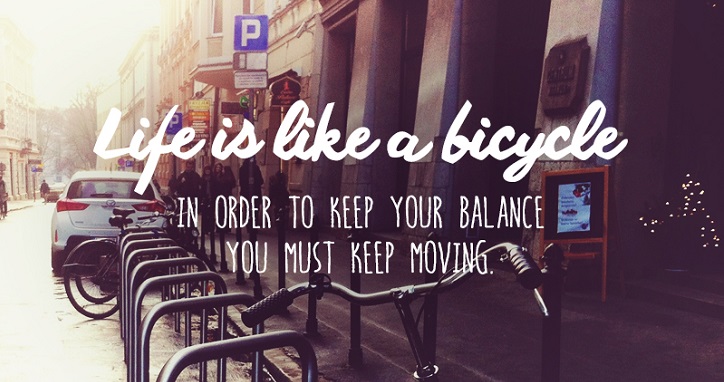With such an emphasis being placed of getting into drug and alcohol rehab, very few people think about what will happen when the treatment is finished. When developing a plan to find help for addiction, it’s important to have a follow-up plan, otherwise the likelihood of falling back into previous behaviors is high.
Effective Strategies To Put In Place After Treatment Is Over
The following are effective and generally affordable strategies to put in place once addiction treatment is complete.
1. Go To 12-Step Meetings
One strategy that is always available to those in recovery is attending 12-step recovery meetings. Whether a client has recently been in an inpatient, residential program where housing is provided or has been living independently for some time, help and support is available from group members and a sponsor on an ongoing basis.
Nothing that is discussed at an AA (Alcoholics Anonymous) Group or an NA (Narcotics Anonymous) Group is going to shock any of the participants. The people in the room all have their own stories of addiction. No one is judged or singled out. Everyone is there because they want to move into recovery. The sense of understanding and lack of judgement helps individuals grow in their recovery.
2. Plan Sober Activities
Another one of the keys to long-term sobriety is to plan sober activities to fill up leisure time. There are a few reasons this makes good sense: It gives those in recovery the chance to meet new people who can form part of their new, sober, lifestyle, and the sober activities will fill in idle time to prevent boredom (a key factor of relapse).
3. Participate In An Extended Care Program
At Maryland Recovery, we believe that having a structured environment is an important part of recovery.
Clients participating in our affordable extended care in Maryland stay in a safe and secure environment and continue to access counseling services (individual, group, family) while learning real-life trigger and relapse prevention and social interaction skills. Our clients are held accountable for their actions, and given encouragement when they make positive choices.
We also offer life skill coaching and psychiatric services (where appropriate).
Call Us Now To Experience How Our Affordable Extended Care Program Can Help You Or Your Loved One Stay On The Path Of Sobriety!
Reviewed by Christopher Schwartfigure MS, LGPC, CAC-AD








